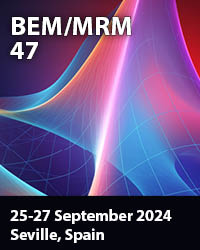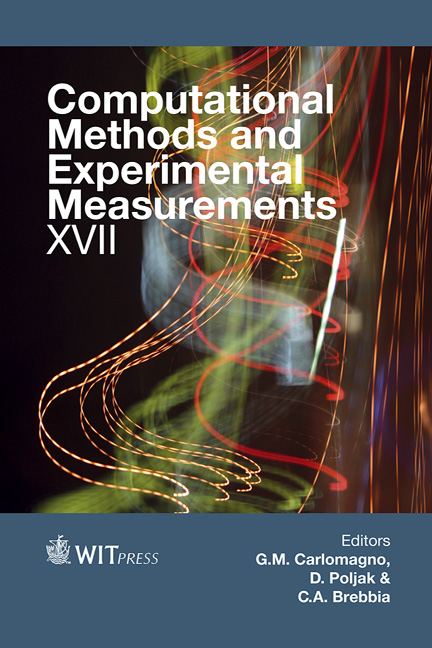Finite Element Modelling Of The Resistive Heating Of Disposable Molecular Diagnostics Devices
Price
Free (open access)
Transaction
Volume
59
Pages
11
Page Range
381 - 391
Published
2015
Size
699 kb
Paper DOI
10.2495/CMEM150341
Copyright
WIT Press
Author(s)
T. Pardy, T. Rang, I. Tulp
Abstract
We present a finite element model for the simulation of the resistive heating of microchannels in disposable molecular diagnostics devices by means of various resistive heating elements, and demonstrate the validity of this model through experiments. Polyimide etched foil heaters and heaters based on positive temperature coefficient (PTC) ceramics could be simple, cost-efficient and robust means of heating disposable Lab-on-a-Chip devices that depend on maintaining a given temperature range in the channels for an extended time (i.e. 15–60 minutes) with a precision of ±1–5°C. However, the design of these devices is a slow and costly process due to the many design factors involved. We demonstrate a finite element model that could reduce design time and save on prototyping costs. The validity of the model is demonstrated through various PMMA test structures designed to emulate a Lab-on-a-Chip device capable of supporting isothermal nucleic acid amplification reactions. With our experimental setups we were able to produce and maintain target temperatures for over 45 minutes with a precision of at most ±1°C deviation from the set point in a battery-operated test system without the use of a thermostat. The physical parameters of the available resistive heating elements were used in our finite element model, and the results of the simulations compared to experimental data.
Keywords
lab-on-a-chip, resistive heating, microfluidics, computer aided design, finite element modelling





